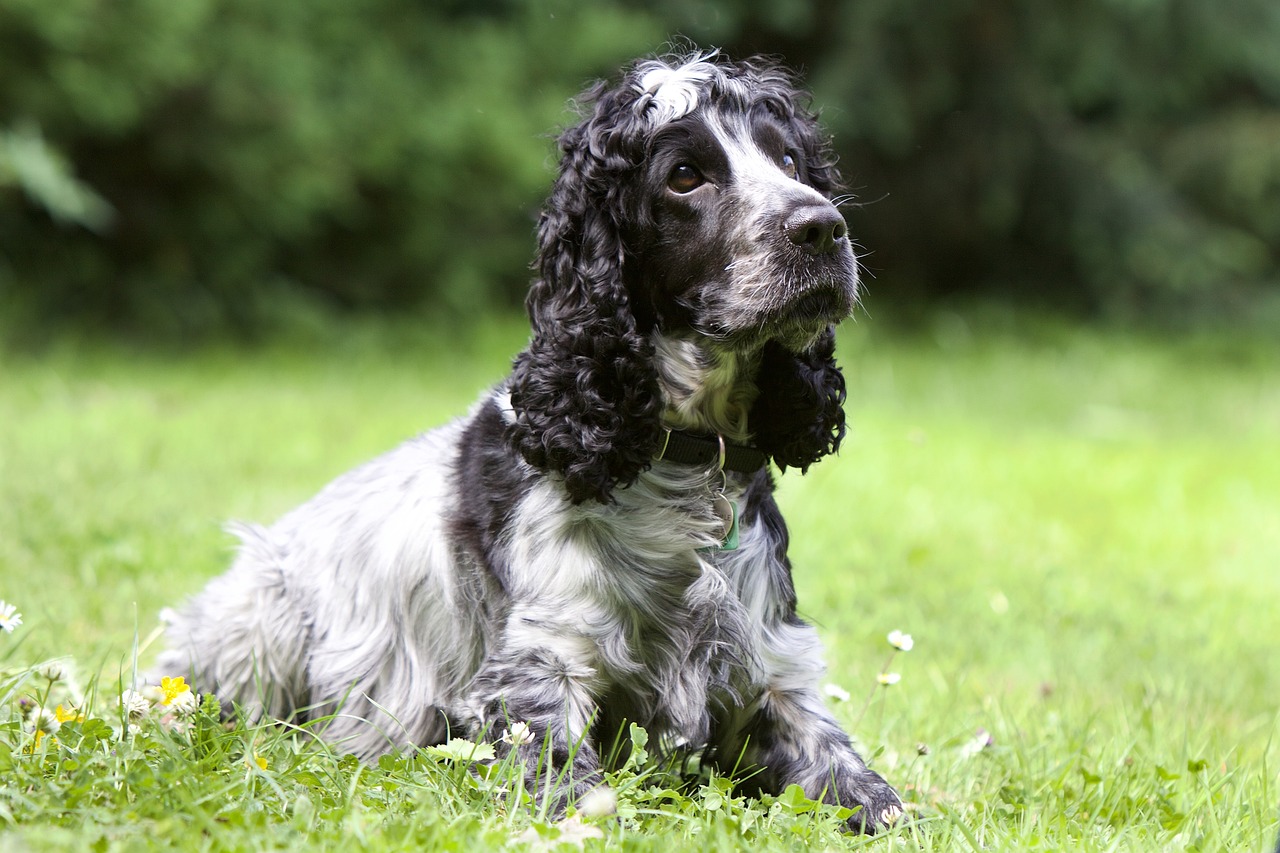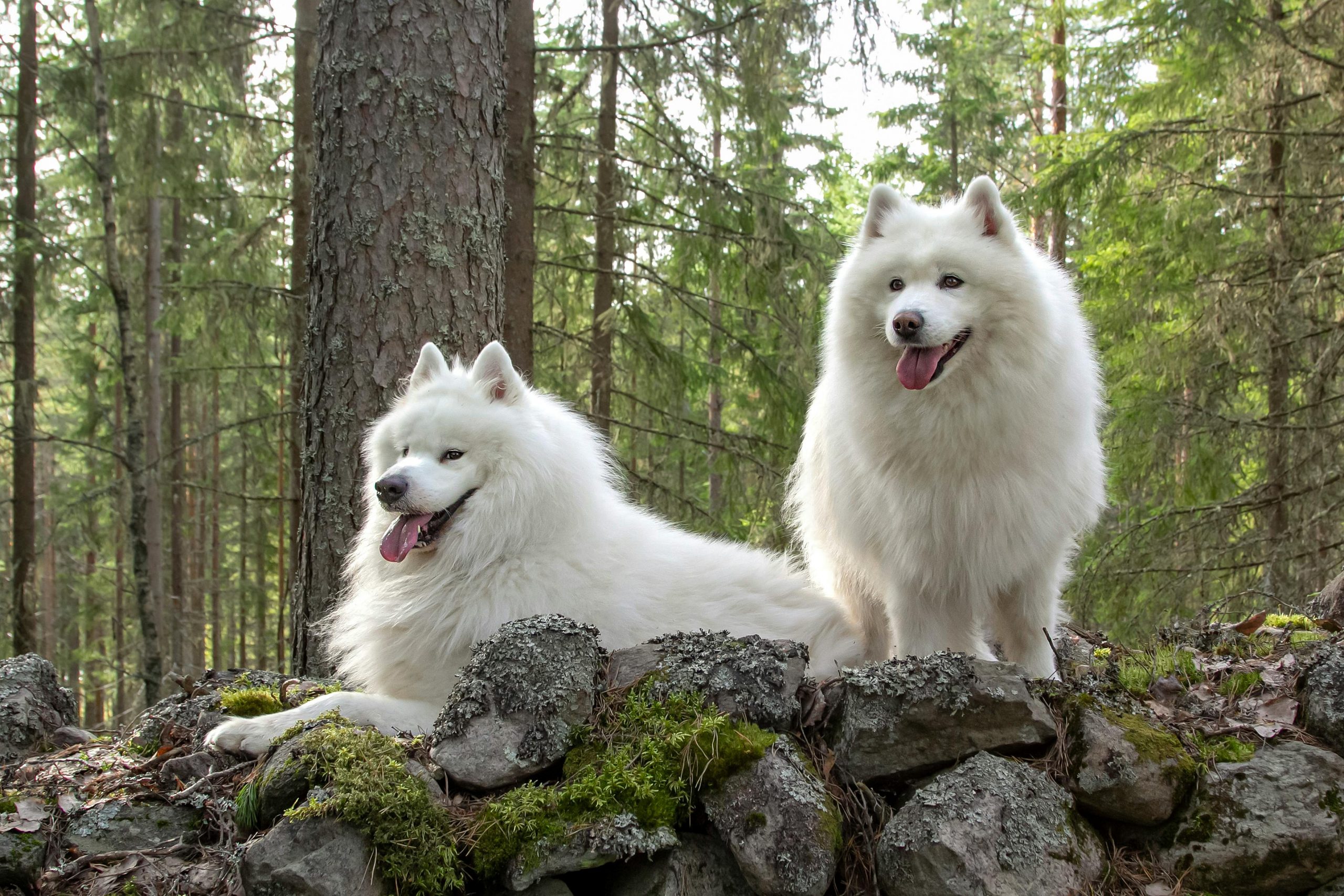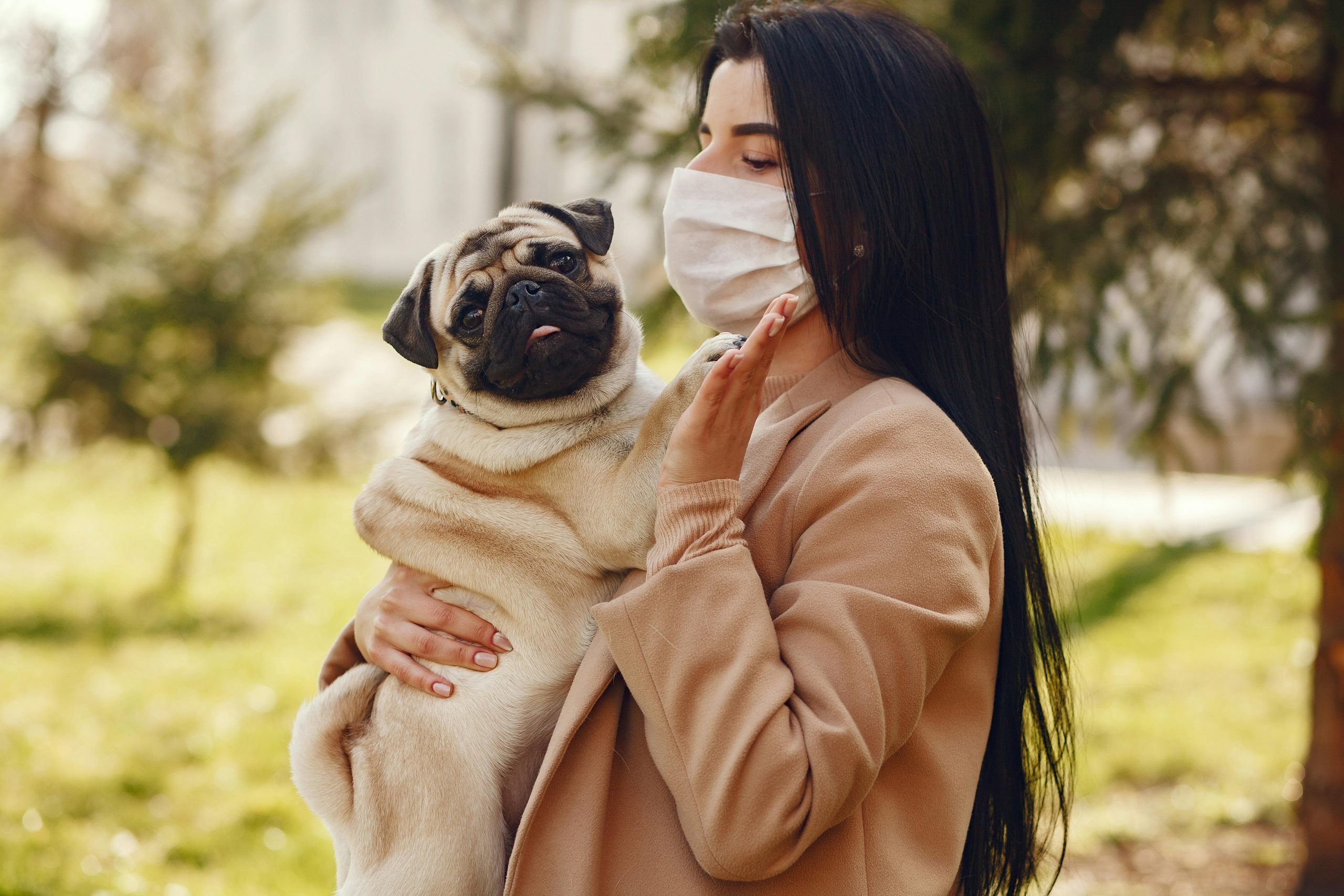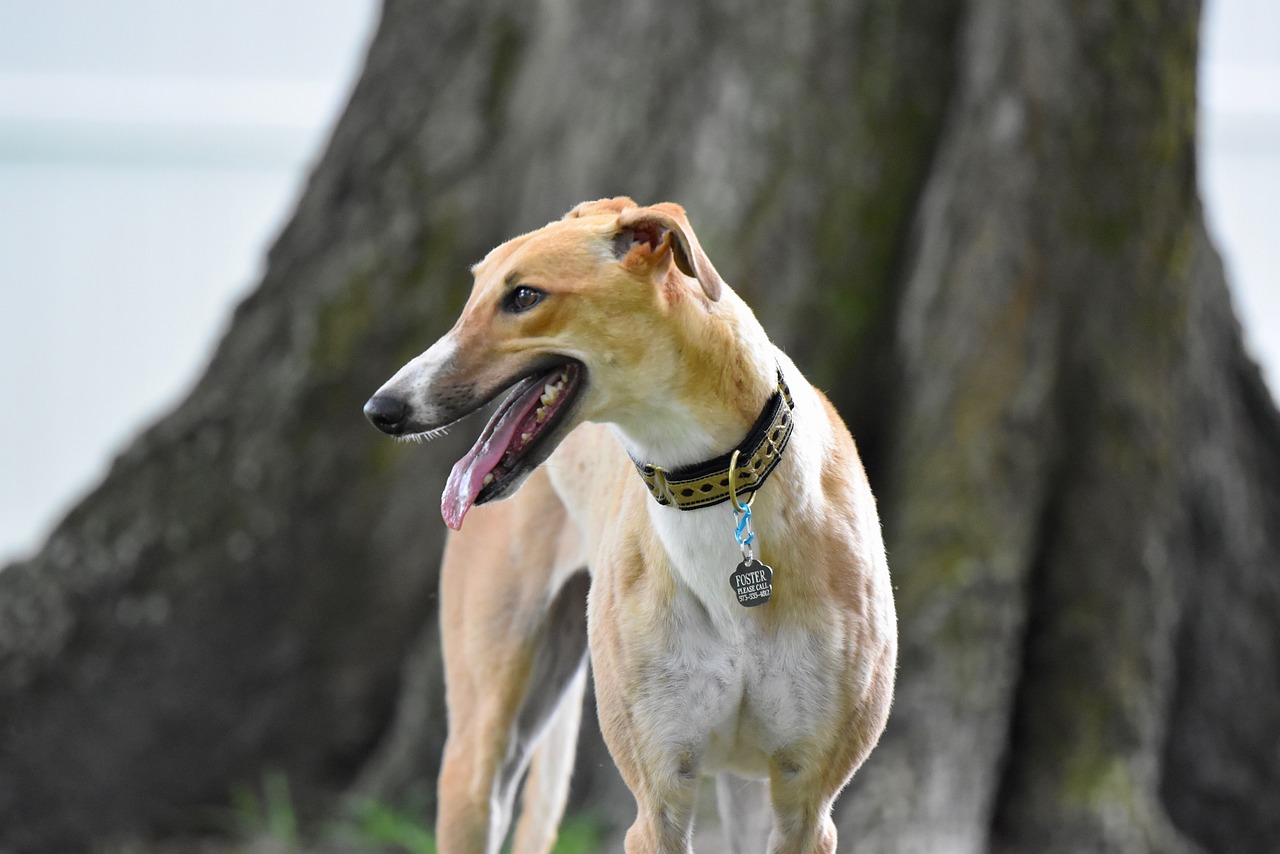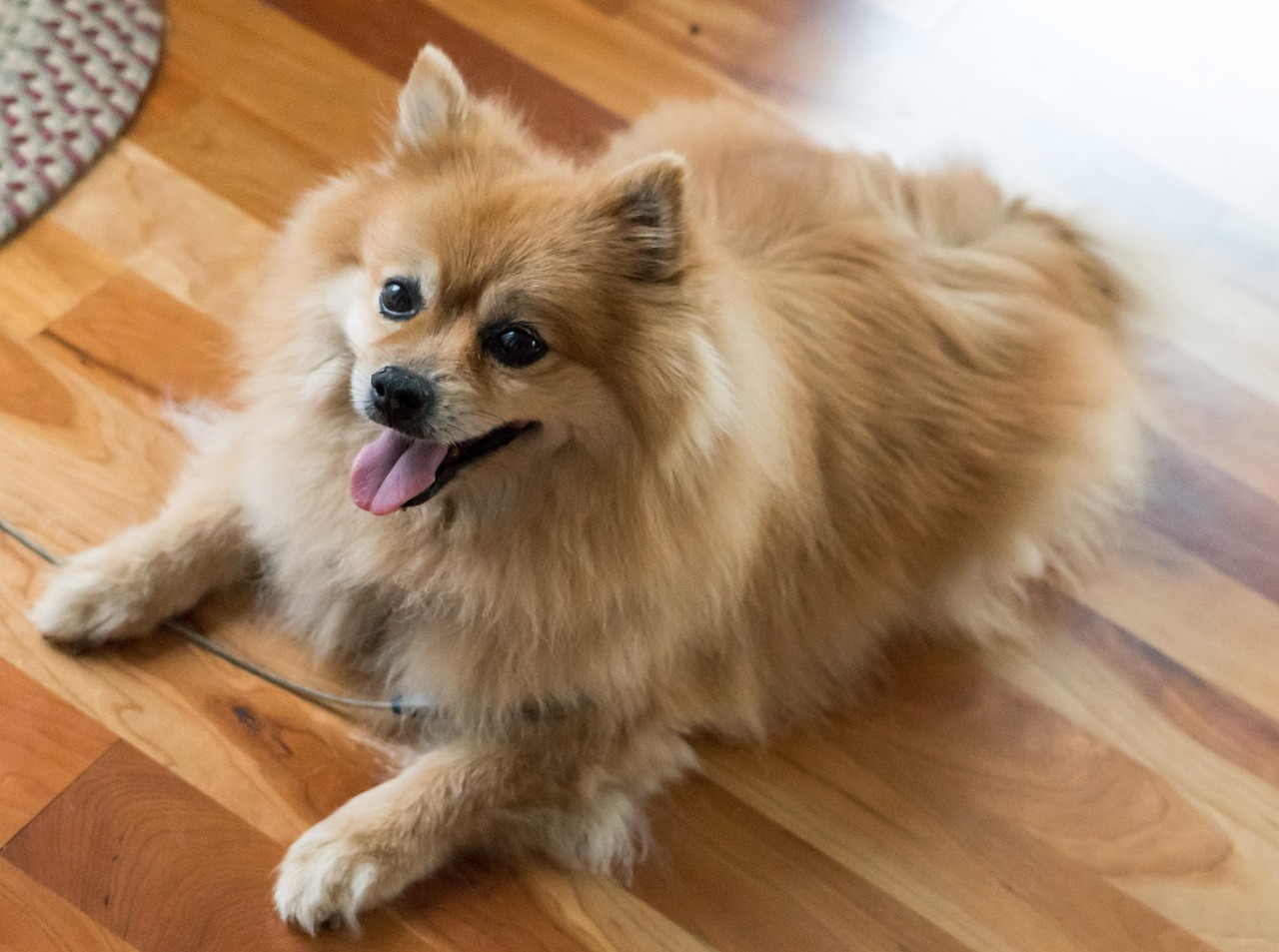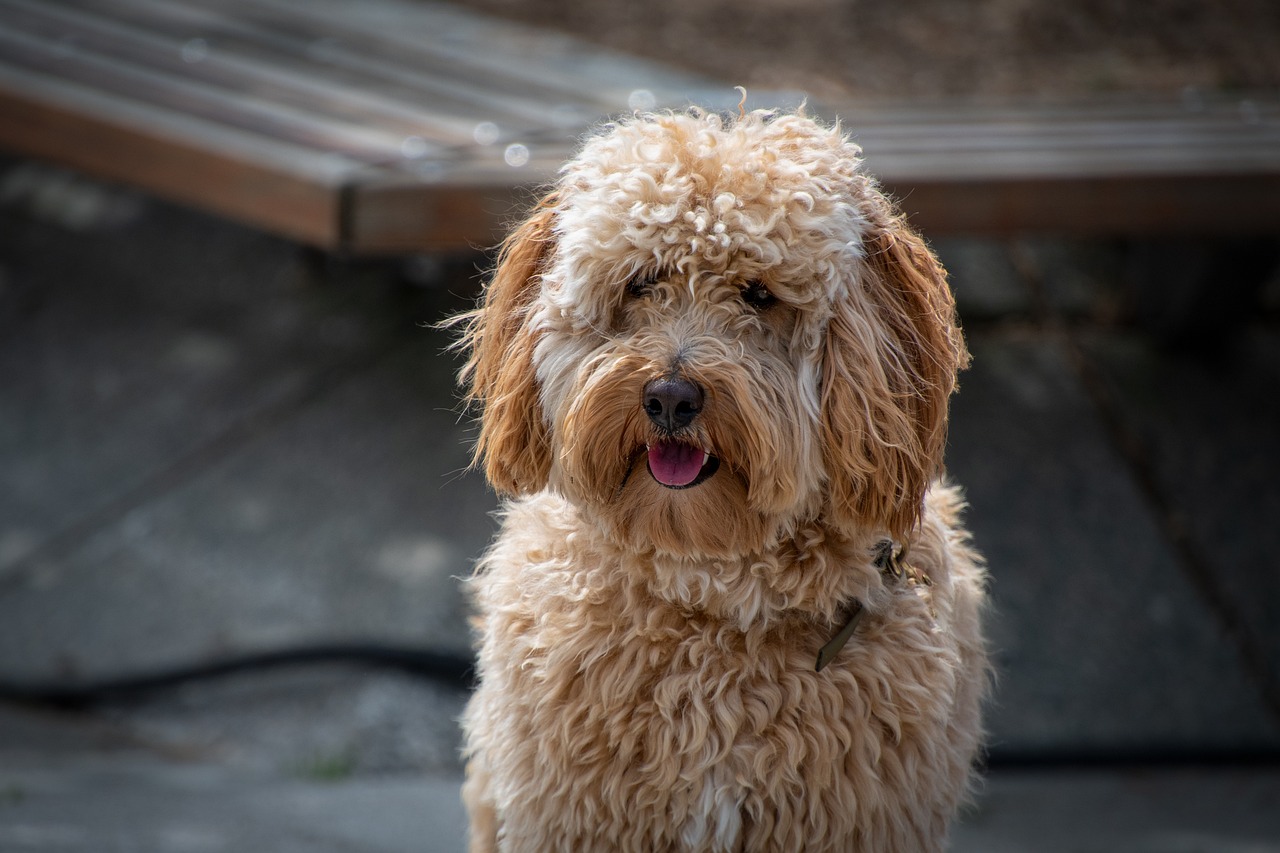
Labradoodles have become increasingly popular in recent years, known for their intelligence, friendly disposition, and hypoallergenic coats. A crossbreed between Labrador Retrievers and Poodles, Labradoodles combine the best traits of both breeds, making them ideal pets for families, individuals with allergies, and those in need of a companion or service animal. Their versatility, ease of training, and affectionate nature have won the hearts of many. However, the Labradoodle is just one of several breeds and crossbreeds that share similar qualities. For those enchanted by the Labradoodle’s charm but curious about other options, various breeds offer comparable benefits, including hypoallergenic qualities, intelligence, and a friendly temperament. This article explores ten dog breeds that are similar to Labradoodles, providing insights into their characteristics and why they might make a great addition to your home.
1. Goldendoodle
Goldendoodles, a cross between Golden Retrievers and Poodles, share many of the Labradoodle’s appealing traits. Like Labradoodles, they are known for their intelligence, friendly nature, and hypoallergenic coats, making them suitable for families with allergy sufferers. Goldendoodles tend to be slightly more laid-back than Labradoodles, reflecting the Golden Retriever’s calm demeanor. They are highly trainable and excel in various roles, including therapy and assistance work. Their sociable and affectionate nature makes them excellent companions for children and adults alike.
2. Cockapoo
Cockapoos, one of the oldest designer dog breeds, are a mix between Cocker Spaniels and Poodles. They inherit the Poodle’s hypoallergenic coat and the Cocker Spaniel’s friendly, outgoing personality. Cockapoos are smaller than Labradoodles, making them a good choice for those living in apartments or smaller homes. They are known for their easy-going nature and adaptability to various lifestyles, thriving in both active and laid-back environments. Their intelligence and eagerness to please make them easy to train, and they form strong bonds with their families.
3. Bernedoodle
Bernedoodles combine the traits of the Bernese Mountain Dog and the Poodle, resulting in a breed that is affectionate, intelligent, and hypoallergenic. They are known for their loyalty and calm disposition, inherited from the Bernese Mountain Dog, while the Poodle’s influence contributes to their hypoallergenic coat and sharp intellect. Bernedoodles come in various sizes, depending on the size of the Poodle parent, making them versatile for different family settings. They are excellent companions who thrive on human interaction and are well-suited for therapy and service roles.
4. Schnoodle
Schnoodles are a cross between Schnauzers and Poodles, boasting the Schnauzer’s protective nature and the Poodle’s hypoallergenic coat and intelligence. They are adaptable dogs that fit well into various family dynamics, including those with children and other pets. Schnoodles can range in size from small to large, depending on the size of the Schnauzer parent, offering options for potential owners. Their alertness and loyalty make them excellent watchdogs, while their playful and affectionate disposition ensures they are loving family members.
5. Whoodle
Whoodles are a mix between Soft-Coated Wheaten Terriers and Poodles, combining the Wheaten Terrier’s friendly and lively personality with the Poodle’s intelligence and hypoallergenic coat. Whoodles are known for their soft, wavy coats and cheerful disposition. They are medium-sized dogs that adapt well to various living situations and are particularly good with children. Their energy and playfulness require regular exercise, making them ideal for active families or individuals.
6. Australian Labradoodle
The Australian Labradoodle is a breed that has been further developed from the original Labradoodle, incorporating other breeds like the Cocker Spaniel and the Irish Water Spaniel to achieve specific traits. These dogs are known for their friendly nature, intelligence, and hypoallergenic coats. Australian Labradoodles are specifically bred for their temperament and health, making them excellent service dogs and family pets. They are sociable, easy to train, and great with children, embodying the best qualities of their ancestral breeds.
7. Poochon
Poochons, a cross between Bichon Frises and Poodles, are small, affectionate dogs known for their hypoallergenic coats and cheerful personalities. They inherit the Bichon Frise’s friendly and playful nature, along with the Poodle’s intelligence and low-shedding coat. Poochons are adaptable, thriving in both active and quiet households. Their small size makes them suitable for apartment living, and their sociable nature means they get along well with children and other pets.
8. Irish Doodle
Irish Doodles are a cross between Irish Setters and Poodles, known for their friendly demeanor, intelligence, and low-shedding coats. They inherit the Irish Setter’s sociable and affectionate nature, making them excellent family pets. Irish Doodles are active dogs that thrive on physical activity and mental stimulation, making them well-suited for families that enjoy outdoor adventures. Their striking appearance and loyal disposition make them beloved companions.
9. Double Doodle
Double Doodles are a mix between two doodle breeds, often Labradoodles and Goldendoodles, combining the best traits of both. They are known for their intelligence, friendly nature, and hypoallergenic coats. Double Doodles are adaptable, fitting well into various family settings and lifestyles. They are social dogs that enjoy being part of family activities and are easy to train, thanks to their eagerness to please and sharp intellect.
10. Sheepadoodle
Sheepadoodles, a cross between Old English Sheepdogs and Poodles, are large, affectionate dogs with hypoallergenic coats. They inherit the Sheepdog’s gentle demeanor and the Poodle’s intelligence, making them excellent family pets. Sheepadoodles are playful and loving, thriving on interaction with their families. Their size and energy levels make them best suited for homes with space to roam and play. They are loyal and protective, often forming strong bonds with their owners.
While Labradoodles have set a high standard for intelligence, friendliness, and hypoallergenic qualities, several other breeds and crossbreeds share these desirable traits. From the smaller Cockapoo to the larger Bernedoodle, there’s a wide range of options for those attracted to the Labradoodle’s appeal. Each breed offers its unique blend of characteristics, catering to different preferences and lifestyles. Whether you’re looking for a loyal companion, a family pet, or a dog with hypoallergenic qualities, there’s likely a breed similar to the Labradoodle that can fit seamlessly into your life.
What Are Labradoodles Like? How Are They Different Than Other Breeds?

Labradoodles, a hybrid breed created by crossing Labrador Retrievers with Poodles, have captured the hearts of dog lovers around the world. Known for their intelligence, friendly nature, and hypoallergenic coats, Labradoodles stand out as versatile companions suitable for a wide range of owners. This article explores the unique attributes of Labradoodles, highlighting what sets them apart from other breeds in terms of their origins, physical traits, temperament, and care requirements.
Origins and Purpose
The Labradoodle was first bred in Australia in the late 20th century with the goal of creating a hypoallergenic guide dog. The combination of the Labrador Retriever’s friendly disposition and the Poodle’s low-shedding coat proved to be a successful blend, offering the best of both worlds. Unlike purebred dogs developed for specific tasks or appearances, Labradoodles were bred with health, temperament, and hypoallergenic qualities in mind, making them distinct in the world of designer dogs.
Physical Characteristics
Labradoodles come in a variety of sizes, colors, and coat types, reflecting the diversity of their parent breeds. They can range from miniature to standard size, with coats that vary from wavy to curly, depending on the genetic influence of the Poodle parent. Their colors can include cream, gold, chocolate, black, and sometimes even parti-colors or brindles. This variability in appearance is a hallmark of the breed, offering potential owners a wide range of options to suit personal preferences.
Temperament and Behavior
One of the most appealing aspects of Labradoodles is their temperament. They inherit the Labrador Retriever’s friendly, outgoing nature, making them excellent family pets and companions. Labradoodles are known for their intelligence and eagerness to please, traits that make them highly trainable. They are generally good-natured and sociable, enjoying the company of humans and other animals alike. However, their energy levels and need for mental stimulation reflect their working dog heritage, requiring regular exercise and engagement.
Training and Socialization
Labradoodles respond well to training, thanks to their intelligence and desire to please. Early socialization and obedience training are important to harness their potential and prevent the development of undesirable behaviors. Positive reinforcement methods work best, fostering a love of learning and cooperation. Their versatility makes them suited for various roles, including therapy work, agility, and obedience competitions, showcasing their adaptability and skill.
Exercise and Activity Needs
As active and intelligent dogs, Labradoodles require regular physical exercise and mental stimulation to stay healthy and happy. They thrive on activities that engage their minds and bodies, such as long walks, play sessions, and interactive games. Their adaptability means they can enjoy both outdoor adventures and indoor activities, making them suitable for a variety of living situations, provided their exercise needs are met.
Health and Lifespan
Labradoodles are generally healthy, with a lifespan of 12 to 14 years. However, like all breeds, they can be prone to certain health issues inherited from their parent breeds, including hip dysplasia, elbow dysplasia, and eye disorders. Responsible breeding practices and regular veterinary care are important to mitigate these risks and ensure the well-being of Labradoodles. Their coats, especially the curlier Poodle-like versions, require regular grooming to prevent matting and maintain skin health.
Labradoodles in Comparison
Labradoodles differ from other breeds in their hybrid vigor, hypoallergenic qualities, and balanced temperament. While purebred dogs often have predictable characteristics and health issues associated with their breed, Labradoodles benefit from the genetic diversity of two distinct breeds, potentially leading to improved health outcomes. Their hypoallergenic coats make them a preferred choice for allergy sufferers, a trait less commonly found in purebred dogs. Furthermore, their sociable and adaptable nature makes them excellent companions for a wide range of owners, from families with children to active singles.
The Role of Labradoodles Today
Today, Labradoodles continue to be popular pets and service animals, valued for their intelligence, friendly nature, and hypoallergenic coats. They excel in various roles, including therapy work, assistance for people with disabilities, and beloved family companions. The breed’s popularity has also led to increased awareness about responsible breeding practices and the importance of health testing in designer dogs.
Labradoodles have carved out a unique niche in the dog world, offering a blend of traits that cater to a wide audience. Their friendly disposition, intelligence, and hypoallergenic coats make them ideal for families, individuals with allergies, and those looking for a versatile companion. While they share some characteristics with their parent breeds, Labradoodles stand out for their unique combination of qualities, making them a distinct and cherished breed in their own right. Their popularity underscores the growing appreciation for hybrid breeds and the benefits they can offer to dog lovers.

